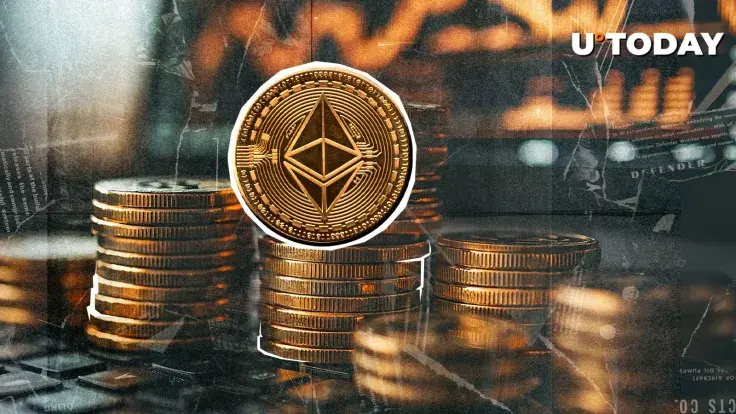Asian Giants Rekindle Ties: India and China Engage in High-Stakes Diplomacy
The foreign ministers of India and China recently met in New Delhi, marking a significant renewed effort by the nuclear-armed Asian rivals to ease border tensions that have severely strained relations over the past five years. India’s foreign minister, Subrahmanyam Jaishankar, welcomed China’s Wang Yi for discussions aimed at stabilizing ties, which deteriorated sharply following a deadly clash in 2020 along the disputed Himalayan border. This confrontation, the worst in decades, resulted in the deaths of 20 Indian soldiers and four Chinese soldiers, leading to a freeze in high-level political engagements.
Since the 2020 incident, both nations have deployed tens of thousands of security forces in the border areas. However, there has been some progress in de-escalation. Last year, India and China agreed on a pact concerning border patrols and initiated the withdrawal of additional forces from certain border regions. Jaishankar emphasized the need for de-escalation to foster positive momentum in bilateral ties, stating, “Having seen a difficult period in our relationship, our two nations now seek to move ahead. This requires a candid and constructive approach from both sides.” Wang Yi affirmed that peace and tranquility have been maintained along the borders and highlighted China’s decision to allow Indian pilgrims access to key sites in the Tibet autonomous region.
Wang Yi’s visit included meetings with India’s National Security Adviser Ajit Doval and a scheduled meeting with Prime Minister Narendra Modi. Key items on the agenda for these high-level discussions included reducing the number of troops along the 3,488-kilometer (2,167-mile) border and potentially resuming trade through three specific border points. Additionally, discussions focused on the movement of citizens and visas for businesspeople, with both sides working towards restoring direct flights. While some progress has been made, both countries continue to fortify their border regions by constructing roads and rail networks.
Manoj Joshi, a fellow at the Observer Research Foundation, noted that relations remain at an uneasy level of normalization, stressing that “Settling the boundary issue between the two countries requires political compromise at the highest political level.” He also suggested that the countries are “still talking past each other when it comes to the border dispute and issues surrounding it.” Despite this, Wang Yi expressed optimism, stating, “The setbacks we experienced in the past few years were not in the interest of the people of our two countries. We are heartened to see the stability that is now restored in the borders.” China’s Foreign Ministry spokesperson, Mao Ning, echoed this sentiment, indicating Beijing’s willingness to leverage Wang’s visit to handle differences appropriately and promote stable China-India relations.
The current thaw in relations can be traced back to October when Modi and Chinese President Xi Jinping met at a summit of emerging economies in Russia, marking their first in-person conversation since 2019. Modi is also slated to visit China later this month—his first visit in seven years—to attend the Shanghai Cooperation Organization (SCO) summit, where he will again meet Xi. Earlier this year, Xi called for India and China’s relations to emulate a “dragon-elephant tango.”
This renewed engagement between New Delhi and Beijing coincides with growing friction between India and Washington. U.S. President Donald Trump imposed a 50% tariff on Indian goods, including a 25% penalty for purchasing Russian crude oil, effective August 27. India has responded by deepening economic cooperation with Russia. Furthermore, Trump’s renewed engagement with Pakistan, India's arch-rival, including hosting Pakistan’s army chief and announcing an energy deal, has also influenced New Delhi’s overtures to China. As Lt. Gen. D.S. Hooda observed, facing two hostile neighbors simultaneously on its borders is not a sustainable strategy for India.
You may also like...
2026 Jeep Cherokee Unveiled: Specs, Price, and Heritage Revival Spark Debate

Jeep re-enters the compact SUV market with the all-new 2026 Cherokee Hybrid, boasting a boxy XJ-inspired design and an e...
Mercedes-AMG GT XX Shatters EV Record, Dares Tesla to Catch Up

Mercedes-AMG's Concept AMG GT XX shattered 25 electric vehicle records during an ultramarathon run at Nardò, covering th...
Tornado Cash Trial Concludes with Guilty Verdict, Crypto Community Seeks Answers

The Tornado Cash trial has concluded with co-founder Roman Storm found guilty of conspiracy to operate an unlicensed mon...
Ethereum Skyrockets to New All-Time High, Legendary Trader Calls It 'Powerful'

Ethereum (ETH) has soared to a new historic peak of $4,885, marking its first all-time high in nearly four years, follow...
AI's Untamed Momentum: Nvidia's Explosive Growth & Future Outlook

AI chipmaker Nvidia's third-quarter revenue forecast surpassed Wall Street estimates, driven by strong demand for its ch...
Trade War Escalates: India Reacts to Crushing US Tariffs on Exports

India is responding to new US tariffs that will affect 55% of its merchandise exports by implementing national strategie...
Thai-Cambodian Border Boiling Point: Fake News, Assassination Plots, and Land Disputes Fueling Tensions

Tensions persist along the Thai-Cambodian border, fueled by accusations of assassination plots, alleged landmine deploym...
Shockwave in Equatorial Guinea: President's Nephew Jailed in Sex Tape Embezzlement Scandal

Equatorial Guinea's former financial investigation agency head, Baltasar Ebang Engonga, has been sentenced to eight year...
